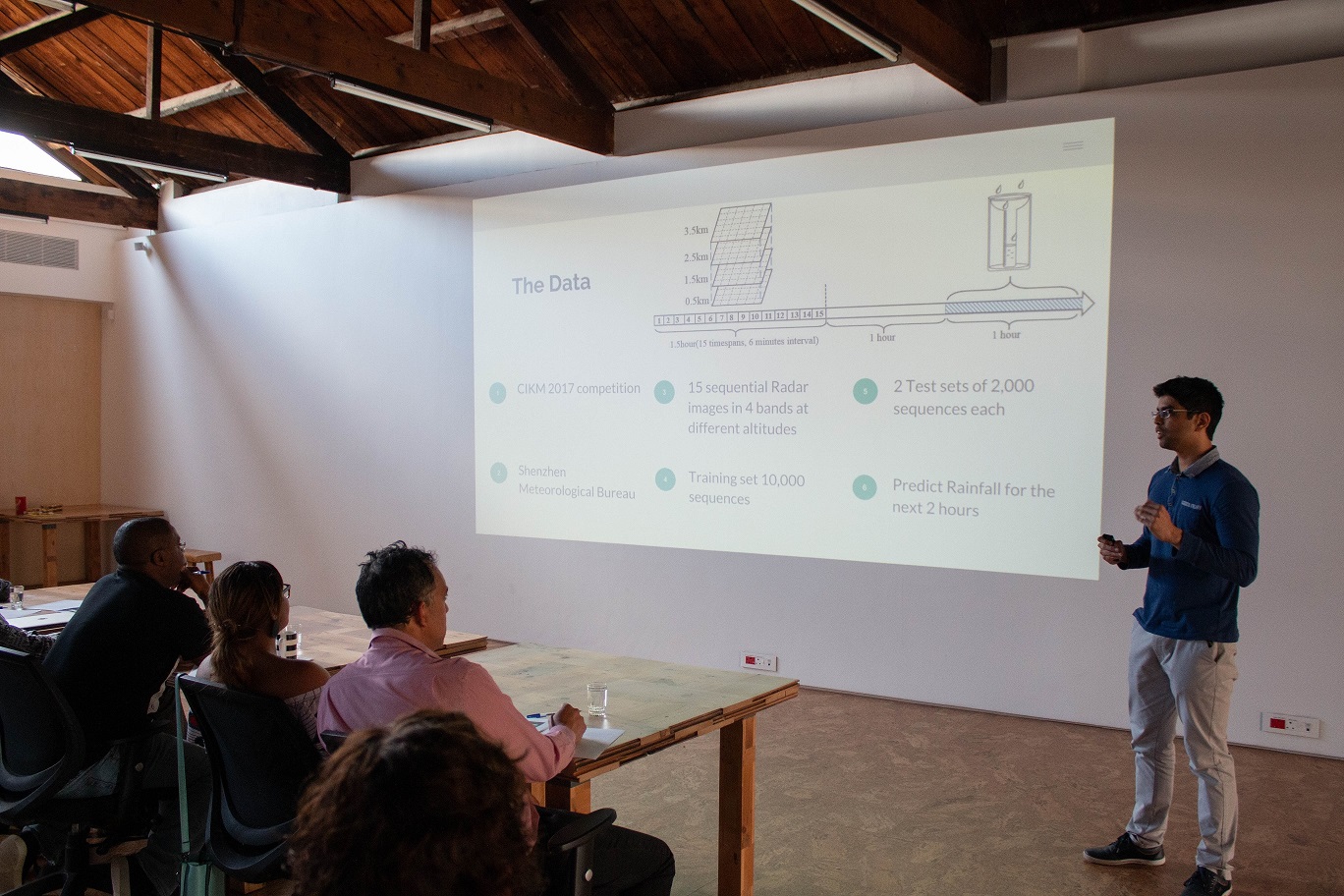
“Weather prediction is something that binds all of us together. Usually when people meet someone they dont know (like your uber driver, etc..), part of the conversation revolves around how good or bad the weather is and what is the prediction saying for the next few days.
Interestingly modelling the weather is usually a very complex topic that requires an in-depth understanding of Physics, Maths and in the modern era, computation as well. There are many factors that affects weather: temperature, pressure, fluid flow of air and moisture/water vapour, the earth’s rotating motion: all the elements that plays an important role in the atmosphere that we live in. The basics of weather prediction relies on the Navier-Stokes equation — just three simple differential equations that arises by applying Newton 2nd law of motion to fluid motion. Those equations therefore deal with the conservation of momentum. While the equations might be simple, solving them to give accurate weather prediction at high spatial resolution is very hard and computationally expensive.”
To view the view blog post by Dr Rajin Ramphul, winner of the final presentations of the DSI Program please click here.




